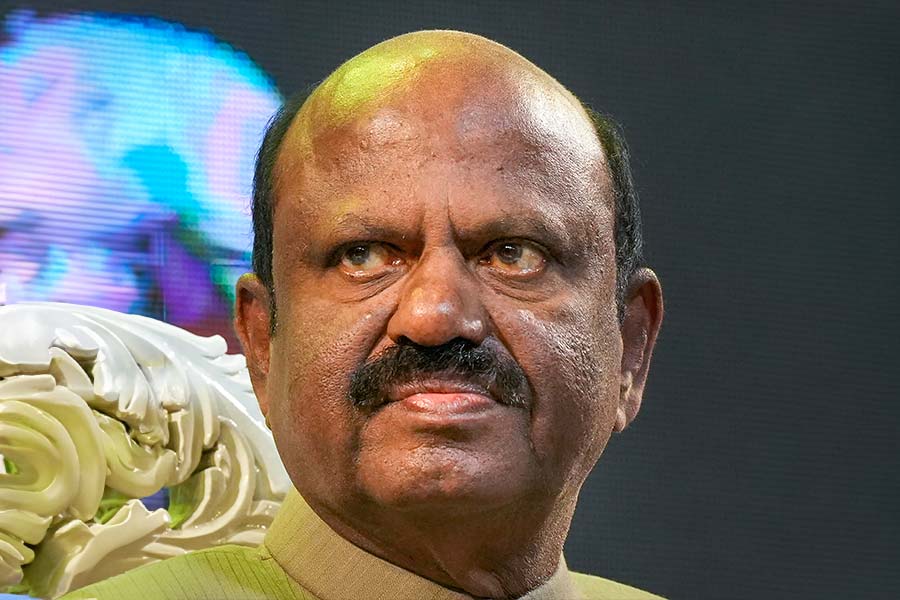Immunity is given to certain offices after much deliberation. Diplomatic immunity, for example, protects specific foreign officials from prosecution in their host country. Since such protection can be misused, the principle of immunity is based on trust. It is expected that those in positions that enjoy immunity shall live up to others’ belief in their professional ethics and sense of responsibility. This faith underlies Article 361 of the Indian Constitution, which protects the president of India and governors of states from criminal and civil prosecution in any court for the discharge of their duties during their term of office. It emphasises the respect commanded by these positions as it is an exception to the constitutional principle of equality. But a former employee of the Raj Bhavan in West Bengal has petitioned the Supreme Court regarding her complaint of alleged sexual harassment by the West Bengal governor, which raises certain questions. What is the extent of the immunity of the office-holders referred to in the Constitution? Is it absolute? And are all acts during this period to be interpreted, in the words of Article 361, as the ‘exercise and performance of the power and duties of his office’?
There are further issues. Can the police carry on the investigation since that is not forbidden by the constitutional provision? Does the fact that the governor can speak on the media and dismiss the complaint as engineered while the complainant is perforce silent violate natural justice? Nothing has been proved yet, but should the examination of any complaint be pushed back till the office-holder’s term is over? The Constitution makers could not have been oblivious to the possible abuse of power. They worked with certain premises; the trust related to particular expectations. Governors are supposed to be above politics, not former party faithfuls being rewarded with the chair or nominated office-holders carrying out the Centre’s wishes. Yet, unfortunately, the office of the governor has been used by Central governments of all political parties to settle scores with opponents for decades. Governors are not active; they have independent power in very rare circumstances. Then again, are these instances to be considered exceptions, without impinging on the principle common to the chair? The issue is complicated; it is best left to the higher judiciary to resolve.










